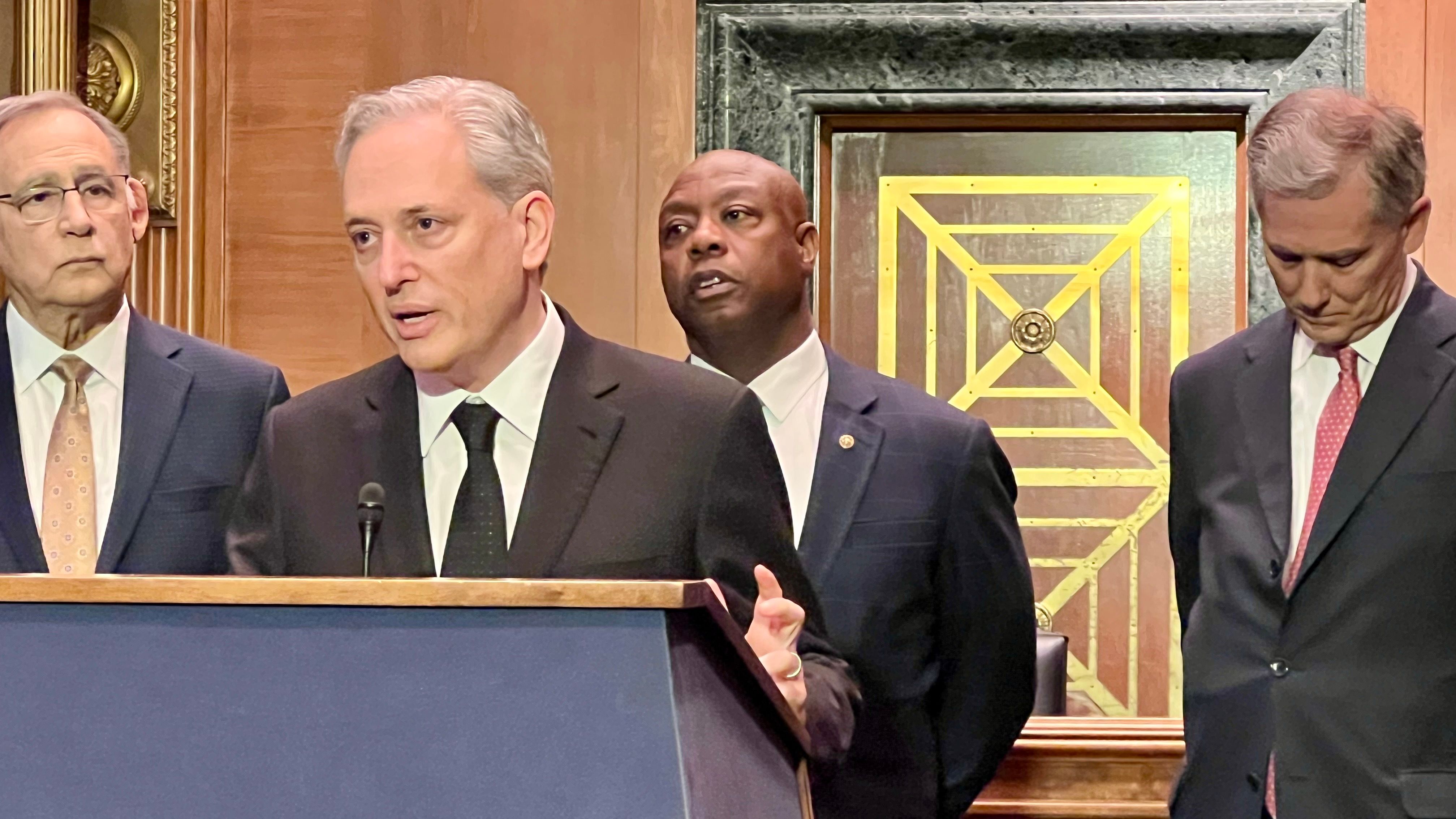ARTICLE AD
According to Alderoty, the notion that tokens can transition from being securities to non-securities is baseless.

Key Takeaways
Ripple's CLO asserts that the SEC's regulatory authority is strictly limited to securities transactions. A token itself is not a security, though it can be involved in a security transaction, according to Ripple executives. <?xml encoding="UTF-8"?>Ripple’s chief legal officer Stuart Alderoty expects the SEC to adopt a more legally sound approach to crypto regulation this year, with a focus on established legal principles rather than expanding its authority beyond its legal mandate.
In a Tuesday statement outlining key principles for securities regulation, Alderoty insisted the SEC’s authority be limited to securities transactions to prevent the regulator from overreaching its jurisdiction.
“Selling a gold bar with a contractual right, title, or interest in my gold mine? Likely a security transaction,” he explained, using gold trading as an example to illustrate the distinction between securities and asset sales. “Selling that same gold bar without post-sale rights or obligations? Just an asset sale—the SEC can’t police it.”
Alderoty also expects the SEC to avoid expanding its jurisdiction based on subjective interpretations of disclosure requirements, urging the regulator to stay within its legally defined boundaries.
On the classification of digital tokens, Alderoty hopes the SEC will acknowledge that a token itself is not a security, though it can be involved in security transactions.
He also expects the SEC to abandon the notion of a token “evolving” from a security to a non-security—a “made-up fallacy with no legal basis,” he asserted.
Disclaimer
 1 month ago
81
1 month ago
81 

